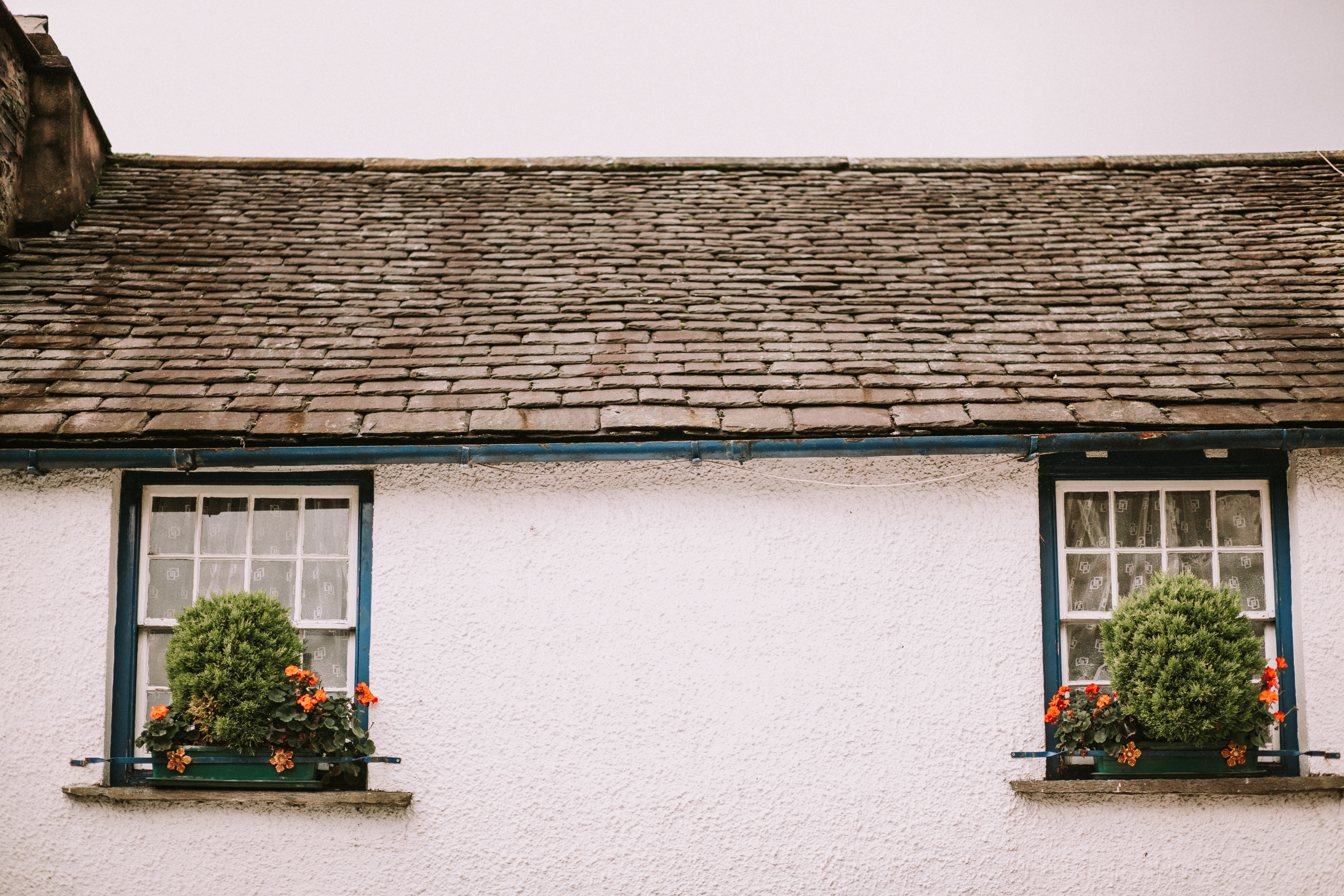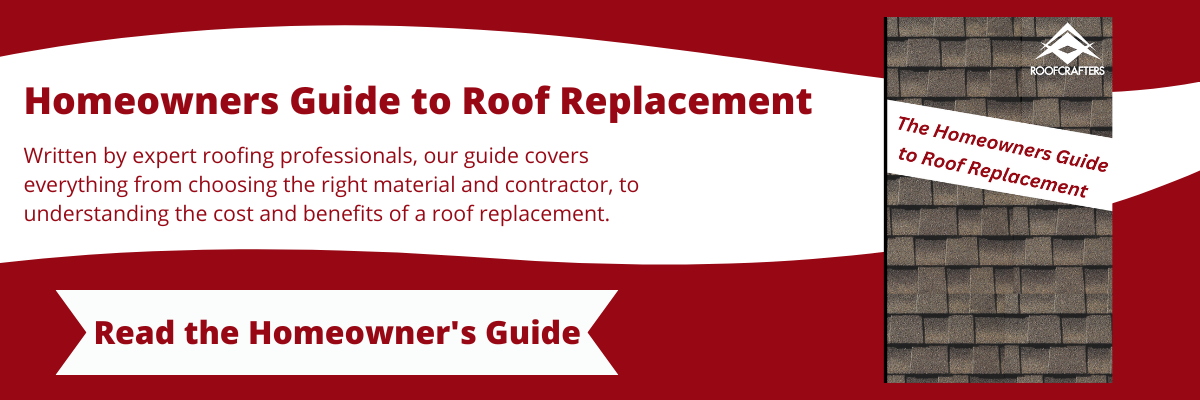
Floridians have the best of both worlds when it comes to sunny weather and being close to beautiful beaches with warm, crystalline water. New England can't say the same. Sorry, New England. As many know all too well, though, living in this unique state comes with challenges. Besides navigating dense traffic and higher costs of living in coastal areas, there's also an essential factor that intensely regulates how locals live- the weather.
Hurricanes and other severe weather conditions are unfortunately common in Florida, inspiring residents to do certain things in order to adapt. Because the average human spends a lot of time in their home, most of us do our best to ensure it can support us through anything and everything. When considering roofing options for your home as a Florida resident, there are numerous elements to consider, including climate and local weather patterns.
Here at RoofCrafters, we've repaired and replaced roofs in sunny Florida for almost thirty years. We've seen what happens to homes in intense storms and hurricanes and have learned a few things about what homes require in this region. It can be hard to determine if standard tile shingles are a great fit here, so we're happy to cover everything you need to know about them for you!
This article covers all the bases on what to expect from a tile shingle roof if you live in Florida and if you're in the clear when it comes to installing one. By the time you finish reading, you'll have a better idea of what this roof type offers you and if it's an option you want to consider for your home.
Is My Florida Home Suitable for Tile Shingles?
When faced with the option of picking a new roof, Florida homeowners have a number of weather events and climate conditions to think about, like:
- Tornadoes
- Tropical Storms (Hurricanes)
- Freezing Temperatures (Panhandle and North-Central Regions)
- Fires
- Heat & Humidity

Right off the bat, it's essential to know that no roofing option is absolutely perfect. Even the best and most expensive types need TLC and maintenance, even if it's only occasionally. Given everything listed, what's the best roof material for a Florida home? The truth is many roof options are suitable for homes in this climate. Traditional tile roofing does have a few drawbacks, however. As a resident of the state of Florida, it's vital to consider the cons of your potential roof.
Traditional Roofing (Drawbacks) vs. Florida Climate
Traditional roof materials (asphalt shingles, wood shakes, clay tiles) are popularly chosen for a reason but have some drawbacks that can affect Florida homes. High maintenance, shorter lifespan, and less durability (depending on your choice) are potential risks for homeowners in this region who need a higher level of protection.
Asphalt Shingles
This roofing type is the most common among homeowners because of its cheap-upfront installation costs and sleek, uniform aesthetic. If you talk to a great roofer, you may hear that three-tab shingles aren't ideal, but what about other asphalt shingles?
It's important to know that given Florida's climate, asphalt shingle roofs can be a terrific choice. Though we're sure you'll still be happy with asphalt shingles if that's the route you pick, be aware of the downsides of this option:
- Moisture Retention (Mold and Algae Growth)
- Curling
- Warping
- Cupping
- Loss of Top-Layer Granules

When faced with high winds, asphalt shingles are also notorious for loosening, which results in a complete loss of the shingle over time.
A note on energy efficiency- because of Florida's climate, it's vital to know that asphalt shingles aren't the most energy-efficient. They absorb an incredible amount of heat that radiates into the rest of the home, even after the sun disappears for the day.
Wood Shakes and Shingles
Wood shakes and shingles are very similar, besides their width and how they're cut. While wood roofs were common at one point in time, they've regressed in popularity with the rise of less expensive and more weather-resistant roof types. They're not as commonly used in Florida except in communities where a rustic, old-world look is desired. If you love traditional aesthetics, however, this could be an option for you.
Weathering and fading (otherwise known as graying) occur quickly with this type, and wood requires regular chemical treatments and cleaning to prevent algae, mold, mildew, and bacterial growth. They also require frequent maintenance, similar to our next tile option. Expansion and contraction from cold-warm and humidity cycles, along with splitting, cupping, and rapid drying, can cause them to fracture and loosen from their fasteners. Because of this, wood shakes and shingles often fall victim to wind-related weather events. However, regardless of its drawbacks, this roof type is still an excellent option for hurricane-prone areas.
We must mention, as well, that a five-year warranty is typically standard for wood shakes and shingles. This can be a concern to property owners who are looking for a roof to provide protection for many years down the line.
Clay Tiles
Clay tiles are elegant and captivating! They've also been around for thousands of years, especially in Mediterranean climates. If you've ever taken a fancy vacation in Greece, you know firsthand what we mean. Though these tiles are popular in similar environments, that doesn't mean they're perfect.
This roof option requires regular maintenance because they fracture so quickly. As you can imagine, repairs on clay tile roofs are more complex, too. Even walking on clay roofs can cause damage, so we don't recommend doing it yourself. Because of their delicate nature, warranties for this roof option are less common for wind or impact-related damages.

It's essential to know that clay tiles are also heavy and absorb moisture (up to 15% of their weight.) Ensure you have a strong roof deck to support clay tiles. If you do, this may be a fantastic choice for your home.
All considered, having a tile shingle roof can come with downsides in the Florida climate. You can absolutely make these roof types work, though! You'll need to provide consistent maintenance and get repairs done quickly if issues arise, but other than that, tile shingle roof options are solid.
There are several options if you're in the market for something other than what you see here. Many contractors suggest metal roofing for Florida homes. Check out this article that discusses what you should know about Decra metal roofing, an up-and-coming roof type with a lot to offer.
Are Tile Shingles Right for Me?
They definitely could be! If you're ready for a roof replacement but are curious if your Florida home can hold up to what you're looking for, we hope this helps. When you're ready to pull the plug on your brand-new roof, there are professional roofers who're excited to help you take your next steps! But remember- not all roofers are made for the job. Do your research and find a roofing contractor that'll give you the replacement you absolutely deserve.
Okay, so you've learned about what tile shingles are like on Florida homes- what's next? If there's a specific roof type or issue you'd like to check up on and read more about, check out our learning center. There's something for everyone! After you've decided you're ready to get in touch with a roofer, check out our comprehensive checklist to determine what you should seek in a contractor. And if you're ready to get in touch with one of our astounding RoofCrafters representatives, head over to our contact page.
My name is Kevin Mills, and I am the lead estimator for RoofCrafters’ Tampa division. I’m originally from Michigan, and I enjoy hunting, fishing, and spending any free time outdoors. What I’m most passionate about, though, is helping business owners and homeowners alike achieve their roofing goals, all while providing a seamless customer journey.






